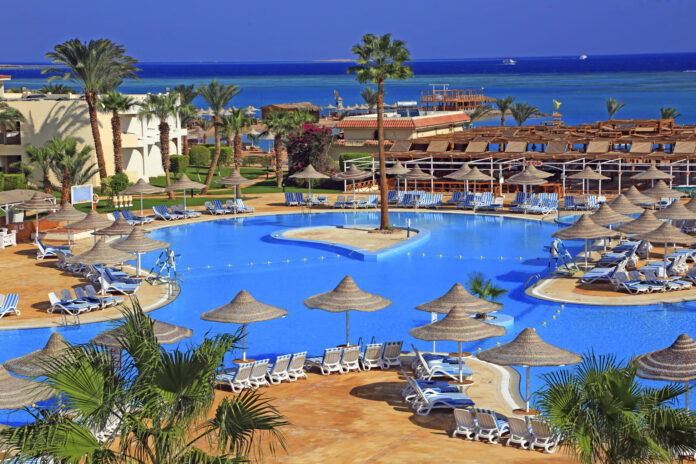The Central Bank of Egypt (CBE) announced the complete liberalisation of the exchange rate and the adoption of a flexible exchange, raising interest rates by 2% at once, in addition to establishing the financial derivatives market.
This decision impacted mostly all sectors in the economy, either positively or negatively, so Daily News Egypt explored the impact of this decision on the tourism sector.
Yasser Sultan, Egyptian Travel Agents Association’s (ETAA) General Assembly member and General Manager of Egyptian Valley Tours, and Elhamy El-Zayat, former Chairperson of the Egyptian Tourism Federation (ETF), told Daily News Egypt that the liberalisation of the exchange rate will definitely impact negatively the outbound travel as the prices of hotel rooms and services, etc will increase, so subsequently it will be difficult for some segments, especially the B class segment, to decide to travel. That’s why the outbound traffic will probably decrease.
Sultan said that this decision will directly impact the prices of trips, making it unstable. Travel companies can’t decide fixed prices for their travel programmes as the currency of the traveller is unstable against the Egyptian pound. So, it will take time for the companies to decide on prices of trips.
On the other hand, Al-Zayat believes that the currency flotation will not cause instability in the prices of travel programmes, explaining that most travel companies in Egypt set their prices based on the market-minus policy, which is different from the cost-plus strategy.
In the market-minus policy, the companies see what their competitors sell for and then they offer discounts. While the cost-plus system is way better, as the company sets its own prices and puts a small profit margin whatever the market prices are.
Talking about the in-bound tourism, Al-Zayat said that the companies will take into consideration the prices of the international market, specifically the two main competitors; Turkey and Greece, before setting their prices.













